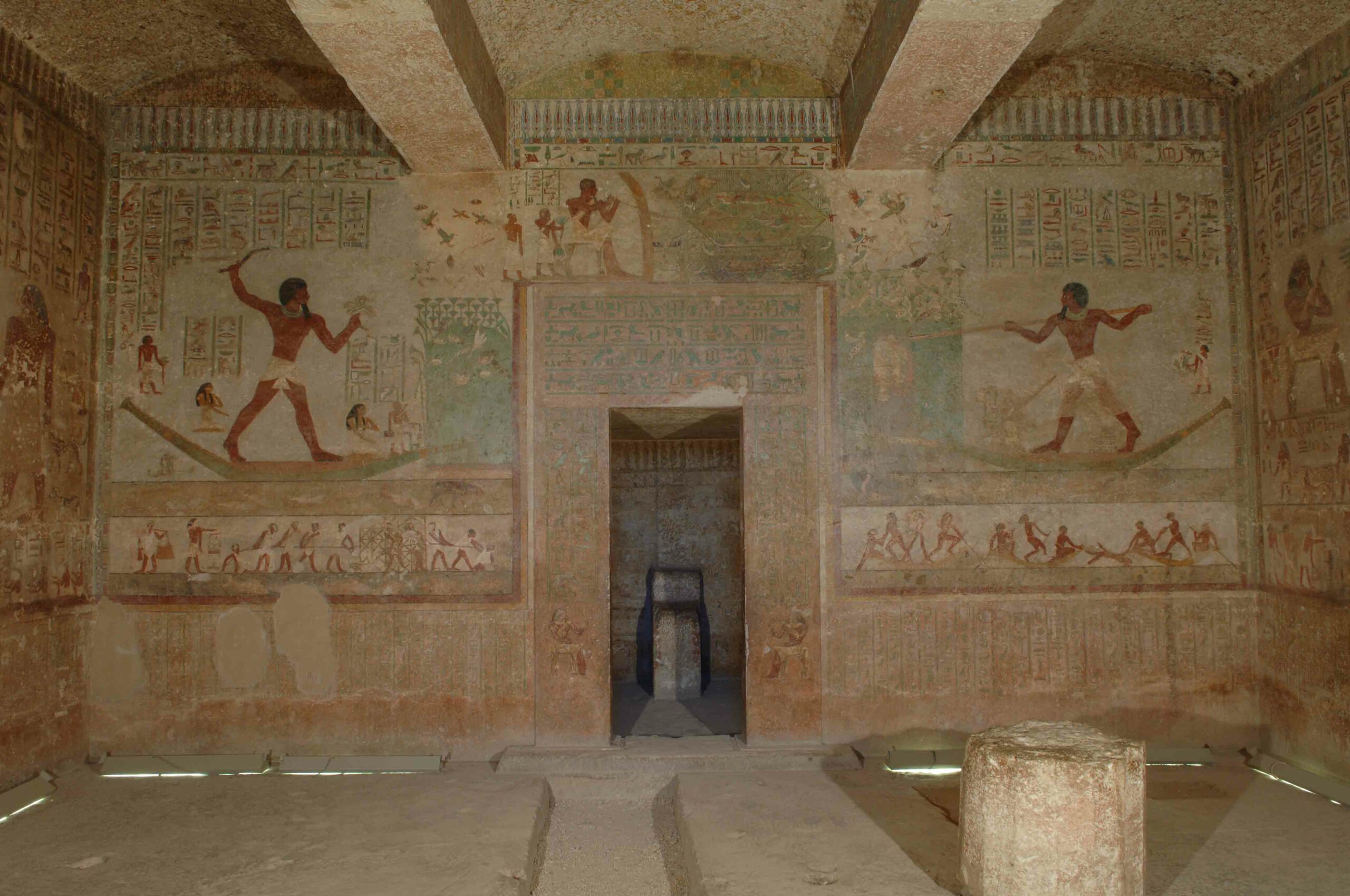PENSACOLA, FLORIDA—Researchers led by Adrianne Walker of the University of West Florida are looking for traces of the plantation house and a slave cabin at what is now the Arcadia Mill archaeological site in northwest Florida, according to a WUWF report. In the nineteenth century, the site consisted of a homestead and an industrial complex made up of a sawmill, a lumber mill with planing and lathing machines, a pail factory, a shingle mill, a textile mill, a silk operation, and a railroad. The house was erected by Ezekiel Simpson, owner of the mill, on a series of brick piers overlooking the industrial complex in 1835. “We’ve never uncovered a brick pier yet; we’ve only found brick walls and so I don’t even know what they look like,” Walker said. The excavation has revealed evidence of water deposits that could be evidence of the drip line for the house before gutters were installed around 1900. The team has also uncovered evidence of a double chimney at a cabin site, and a root cellar. “And, in excavating it,” Walker said, “we found a big iron concretion, about fist size, with turtle shell fragments sitting on top of it.” Conservation and cleaning of the item could help researchers determine how it was used. For more, go to “Florida History Springs Forth.”
Excavation Searches for Florida Plantation Dwellings
News June 27, 2018
Recommended Articles
Features March/April 2024
Freedom Fort
In eighteenth-century Spanish Florida, a militia composed of formerly enslaved Africans fought for their liberty
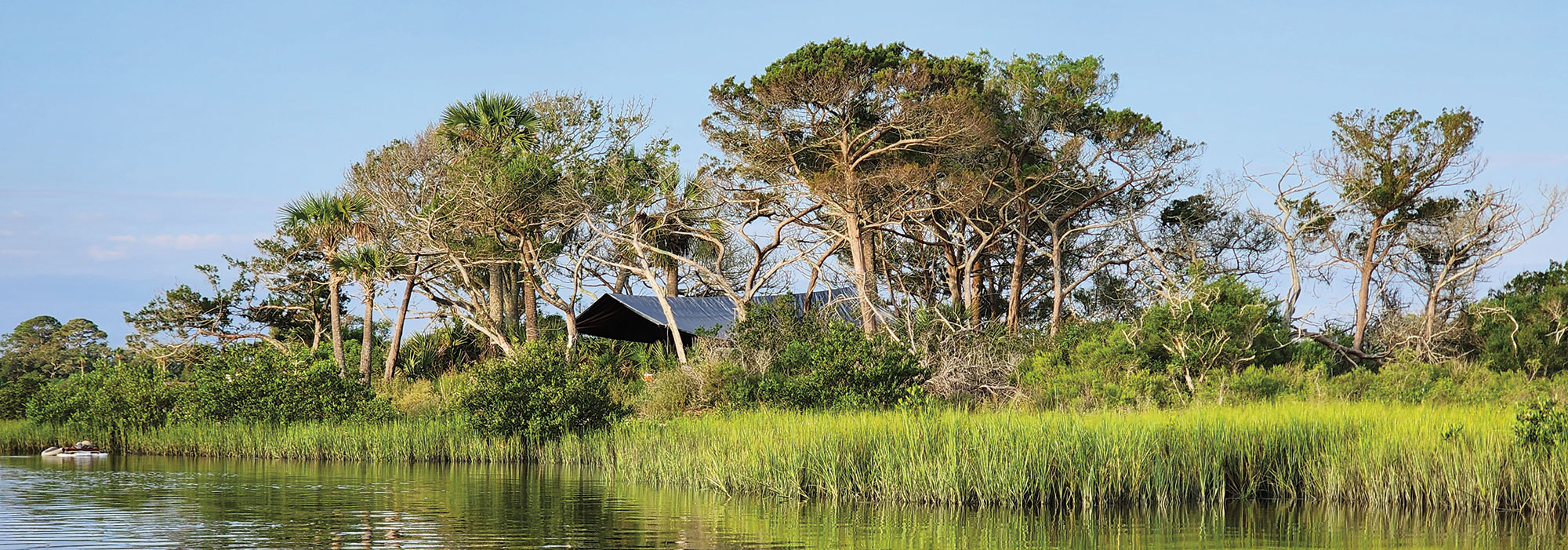
Artifacts September/October 2023
Padlock
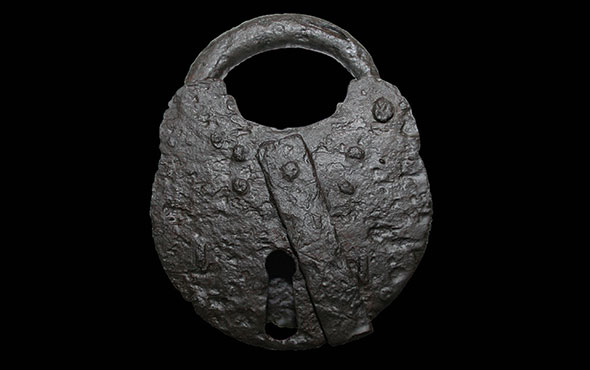
Off the Grid May/June 2025
Bulow Plantation Ruins, Florida
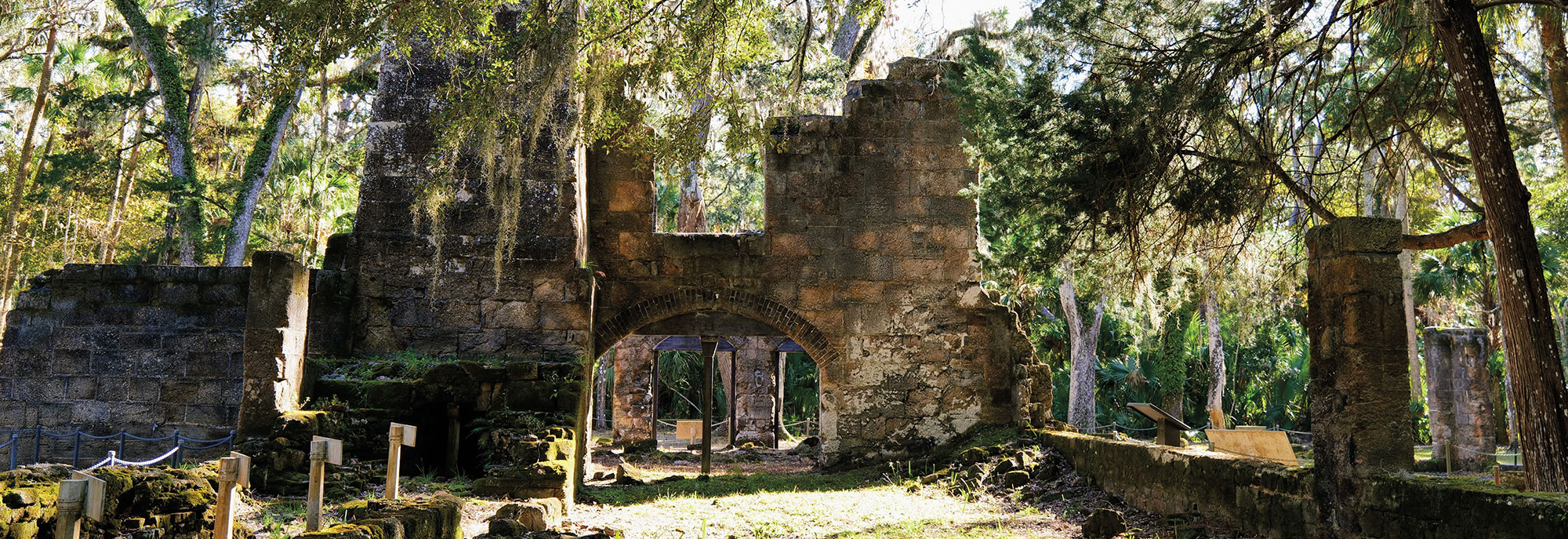
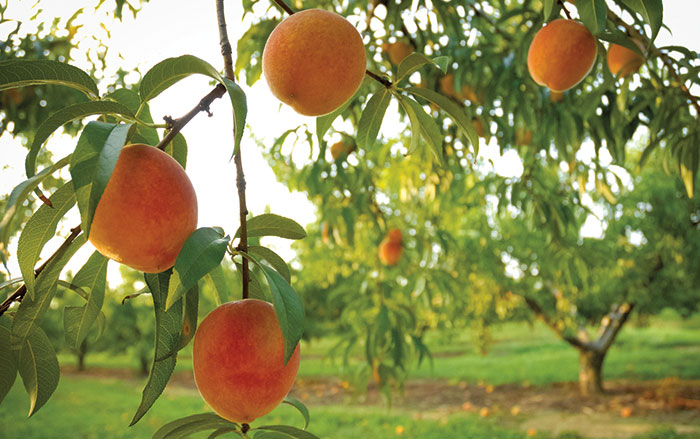
-
Features May/June 2018
Global Cargo
Found in the waters off a small Dutch island, a seventeenth-century shipwreck provides an unparalleled view of the golden age of European trade
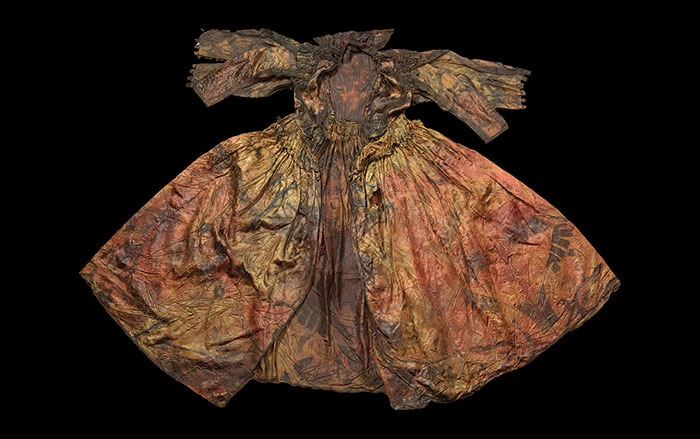 (Kees Zwaan/Courtesy Province of North Holland)
(Kees Zwaan/Courtesy Province of North Holland) -
Letter From the Philippines May/June 2018
One Grain at a Time
Archaeologists uncover evidence suggesting rice terraces helped the Ifugao resist Spanish colonization
 (Jon Arnold Images Ltd/Alamy Stock Photo)
(Jon Arnold Images Ltd/Alamy Stock Photo) -
Artifacts May/June 2018
Roman Sundial
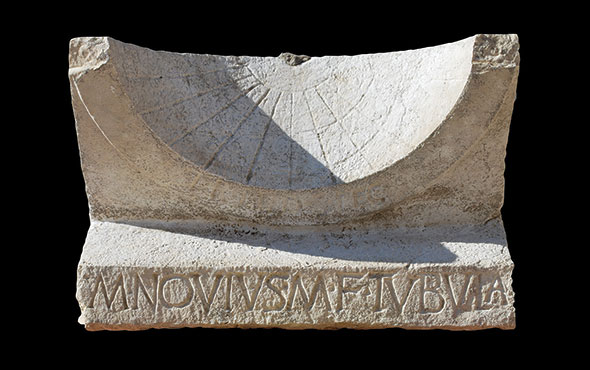 (Courtesy Alessandro Launaro)
(Courtesy Alessandro Launaro) -
Digs & Discoveries May/June 2018
Conquistador Contagion
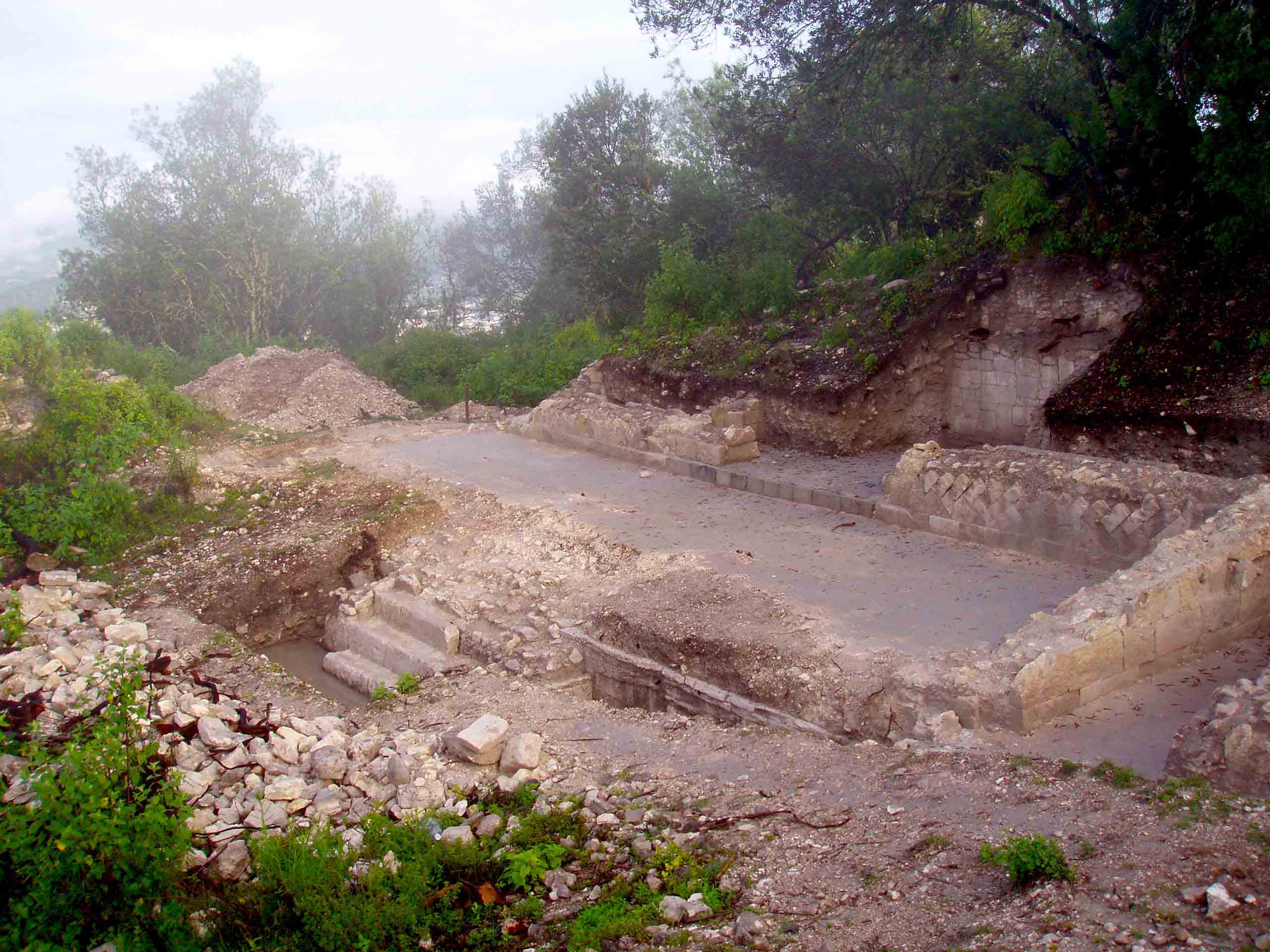 (Christina Warinner. Image courtesy of the Teposcolula-Yucundaa Archaeological Project)
(Christina Warinner. Image courtesy of the Teposcolula-Yucundaa Archaeological Project)


